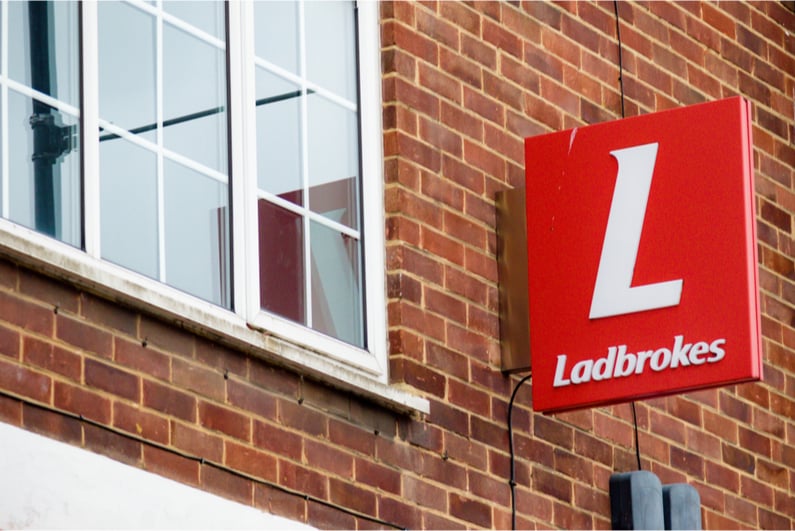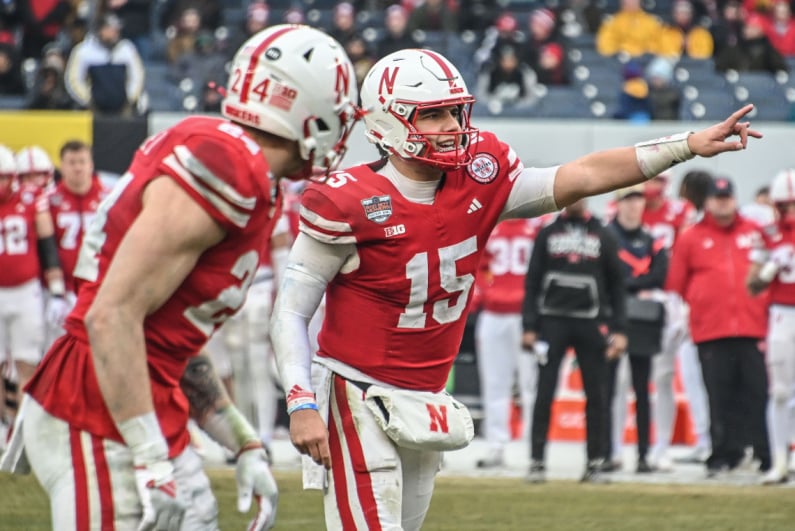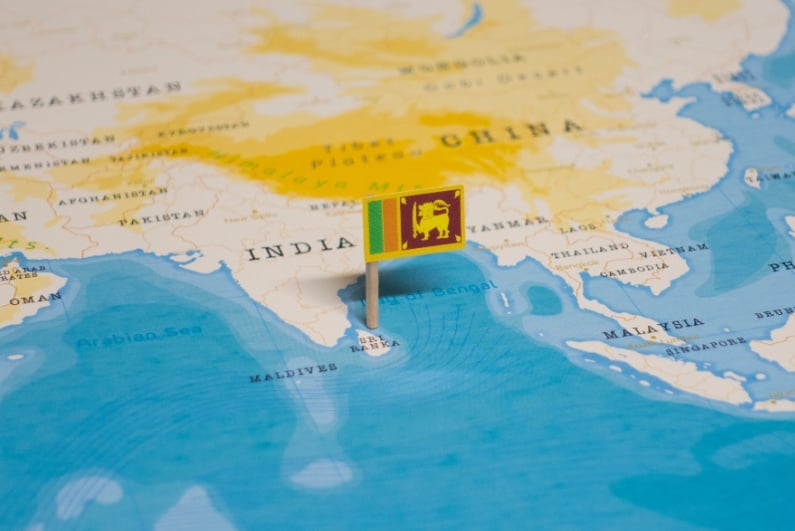A couple of complaints
The European Commission (EC) announced that it is investigating the decision by the Belgian Gaming Commission to allow GVC Holdings-owned Ladbrokes to exclusively offer virtual sports betting to customers in the country. The EC is in charge of overseeing competition policy across the 27 members states of the European Union.
Requests from other licensees were rejected at the time Ladbrokes received its authorization. Two operators lodged complaints in March 2019, claiming that the exclusivity given to Ladbrokes was a form of illegal state aid.
the Commission has doubts that it complies with EU State aid rules”
Regarding the matter, the EC said: “The measure may have distorted competition and the Commission has doubts that it complies with EU State aid rules. The Commission will now investigate further to determine whether its initial concerns are confirmed.”
The complainants, the Belgian state, and any other relevant parties can submit their comments in order to support the investigation.
Issue in question
Ladbrokes currently operates about 300 retail betting stores across Belgium through the Darby brand, a subsidiary of GVC Holdings. These retail stores have been offering virtual sports since February 2014; Ladbrokes has also offered virtual betting online since March 2015.
As there was no proper regulatory framework in place at the time for virtual sports, requests from other operators in 2015 and 2016 to offer similar markets were rejected. However, the authorities in Belgium did not stop Ladbrokes from offering virtual sports markets.
These actions were alleged by the complainants to have given Ladbrokes an exclusive right to virtual sports, with the Belgian state not getting any financial return. This is the basis of the EC investigation.
This investigation in Belgium comes after the UK authorities launched an investigation in November 2019 into “potential corporate offending” by a GVC subsidiary in Turkey.
Growing popularity of virtual betting
Virtual sports combine features of sports betting with features seen in random games of chance. For example, bettors can place wagers on the outcome of a simulated game of soccer or horse race.
During the COVID-19 pandemic, most major sporting events were canceled, leading to a lot of bettors turning to virtual sports betting. Operators were looking at ways to make up for lost betting revenue, pushing virtual sports and esports betting to their customers.
While most virtual sports events are generic, there were a few standout events taking place during the pandemic. After the UK Grand National horse race was cancelled in April, a virtual Grand National race was held to raise money for NHS Charities Together. Peak viewership for the virtual race hit 4.8 million people, raising £2.6m ($3.45m).




